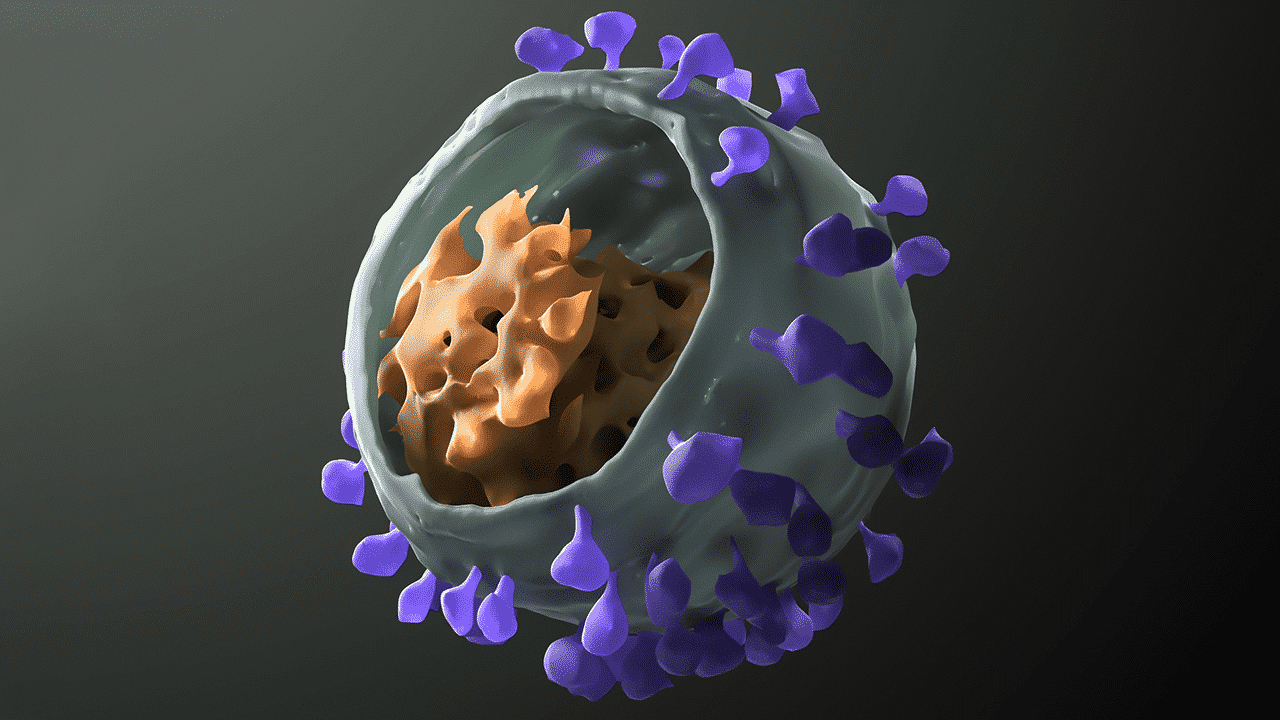Study Looking to Pop Latent HIV Reservoirs Gets $11M Grant
Case Western Reserve University and Sangamo Therapeutics, both collaborating on a project with intent to combat latent HIV “reservoirs” that hide in the body, have now received a $11 million grant from the National Institutes of Health.
The study’s vision is to use gene-edited T cells designed to eradicate persistent HIV infection in patients receiving anti-retroviral therapy, a combination of medicines that slows the rate at which HIV replicates.
The grant will fund a clinical trial testing the hypothesis that treating patients with their own gene-edited T cells may lead to a sustained boost in T cell counts and the eradication of latent HIV reservoirs.
Sangamo had shown in earlier trials that T cells edited in this manner can be expanded outside the body, and that they persist and grow after being infused back into patients. They also documented increases in CD4+ T cells, which helped break down the HIV reservoirs.
The new study is designed such that T cells from the blood of 20 subjects will have the CCR5 gene “knocked out” via zinc finger nuclease gene editing. The CCR5 gene allows HIV to enter host cells. In this process, zinc
finger nucleases, which are engineered proteins akin to genetic “scissors,” are designed to enable targeted editing of genes by creating double-strand breaks in DNA at precise locations identified by researchers. The newly-edited, “repaired” cell population would be expanded and infused back into the patients. A second set of ten patients will receive an infusion of unmodified T cells.“For patients with HIV, new treatments to permanently eradicate latent HIV reservoir and increase CD4+ T cell counts – potentially leading to a cure – are an important unmet need,” said Sekaly. “Although standard-of-care anti-retroviral HIV therapy does suppress viral replication, HIV infection persists, and patients must stay on treatment for life. Moreover, a large subset of HIV patients receiving the therapy fails to achieve sustained rebound in T cell counts, leading to chronic elevations in inflammation with increased risks of cancer and other diseases.”






























